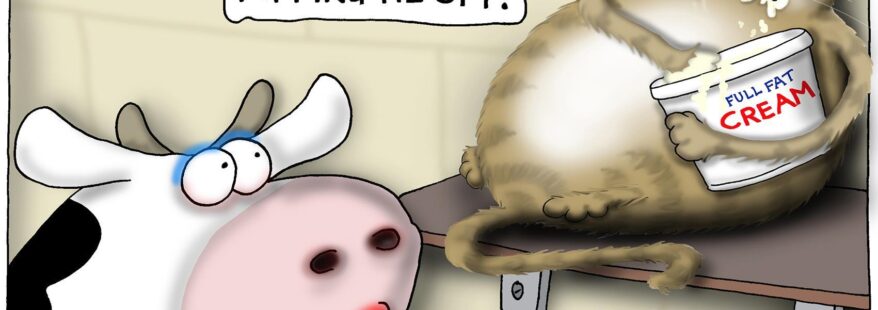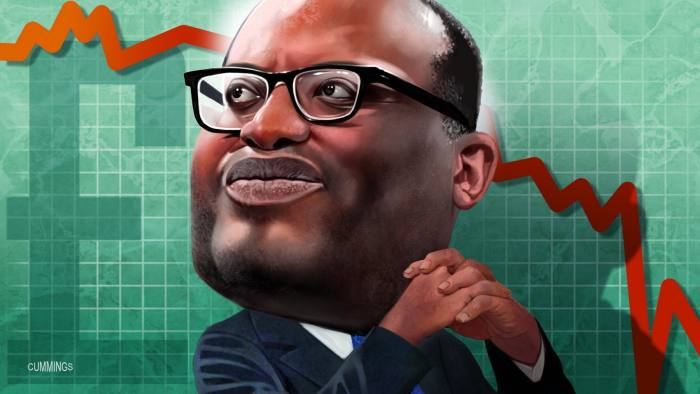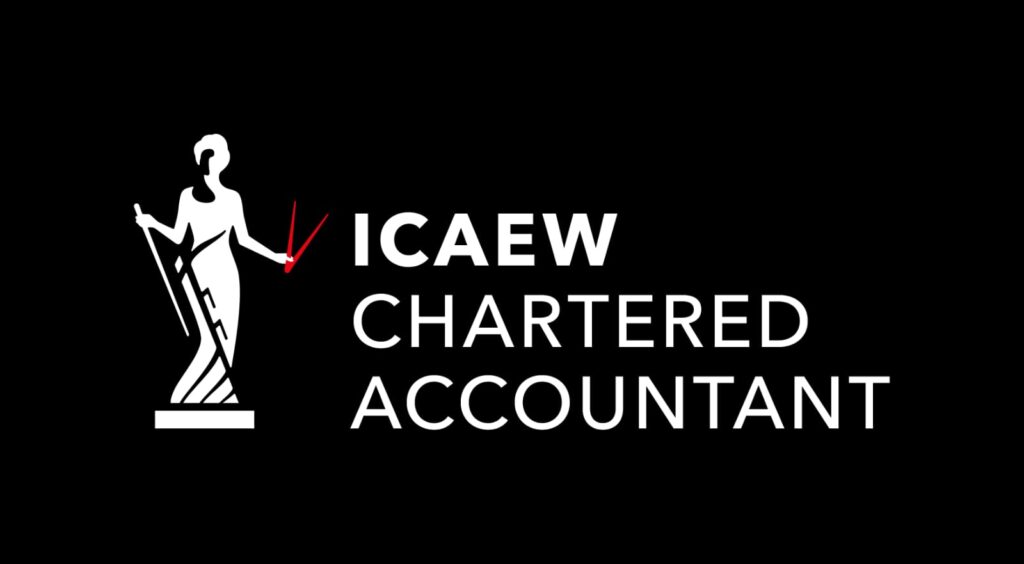Where did you find that confidence?
It was 2001, at a pre-formal in Dempsey’s on the Dublin road. It’s gone now. Don’t know it? Think “Shabby Chic” – just without the Chic. The kind of place that let you host school parties without asking too many questions.
The inquiry was directed at a friend. I wasn’t sure if it was coming from a place of admiration or bafflement.
What a question.
As kids, I think confidence flows from our place in family. Early education. “Big school”. Sport. Art. Reading. Role models. Teachers. Part time work. Travel, people you meet, experiences you have. Then Uni, relationships, and the big world of work.
They’re all opportunities to develop a sense of self that projects comfort and ease with who we are. Put together, it tends to win the buy-in, support and warmth of others. That’s my idea of confidence. Hard to define, but unmistakable when you see it.
But people are complex. Labelling a person simply as Confident / Insecure isn’t helpful.
Confidence is situational. Some environments draw the best from us – others…don’t.
In the wrong environment, talented people can seem to shrink, become anxious and hesitant.
What’s the point?
Sadly, in the workplace – some people with the very important role of managing and developing people, don’t seem to have the will (or the skill) for the brief. That leaves people stressed, insecure, prone to self-doubt.
Obviously work will be poor in such conditions, errors are made because people don’t believe in themselves, they’ve lost their curiosity, the drive to challenge, seek clarity and often end up taking all the wrong kinds of risks.
What causes this?
Being kind, it’s manager workloads.
Being real, not everyone is comfortable managing others.
If we’re being cynical – maybe some people are over-promoted. They have laser-like focus to reach a level but no regard to the responsibility that goes with it. Didn’t look that far.
They faked it, made it, and now everyone else is paying the price.
Good leaders embed confidence. That means ensuring people have had relevant training and support to be competent with the subject matter.
They’ll actively listen, encourage, build trust, and make you feel safe and in asking questions. Your issues aren’t a burden, in fact they’re energised by facing these down alongside you.
They see your strengths and highlight them to you. You hear it, then you believe it. They plant good seeds that cultivate happy teams.
These are just some ingredients for the kind of leader that builds confidence in work.
Confidence is the greatest gift you can give your team, they pay it back tenfold in delivery, loyalty and lifting their peers. Great leaders let it flow like the wine at Cana and reap the rewards.
Retention
Leadership
Culture
Confidence
I provide Talent Sourcing in Accounting and Finance for businesses in NI. If you want to know what I can do for you contact me directly today.




